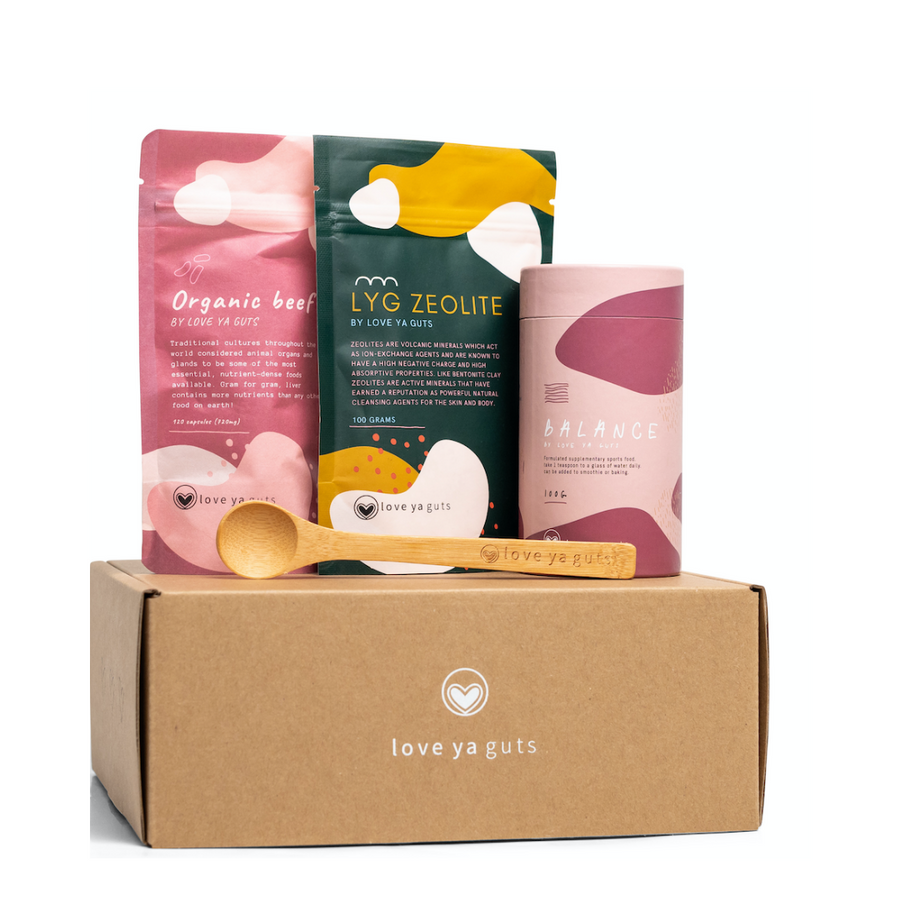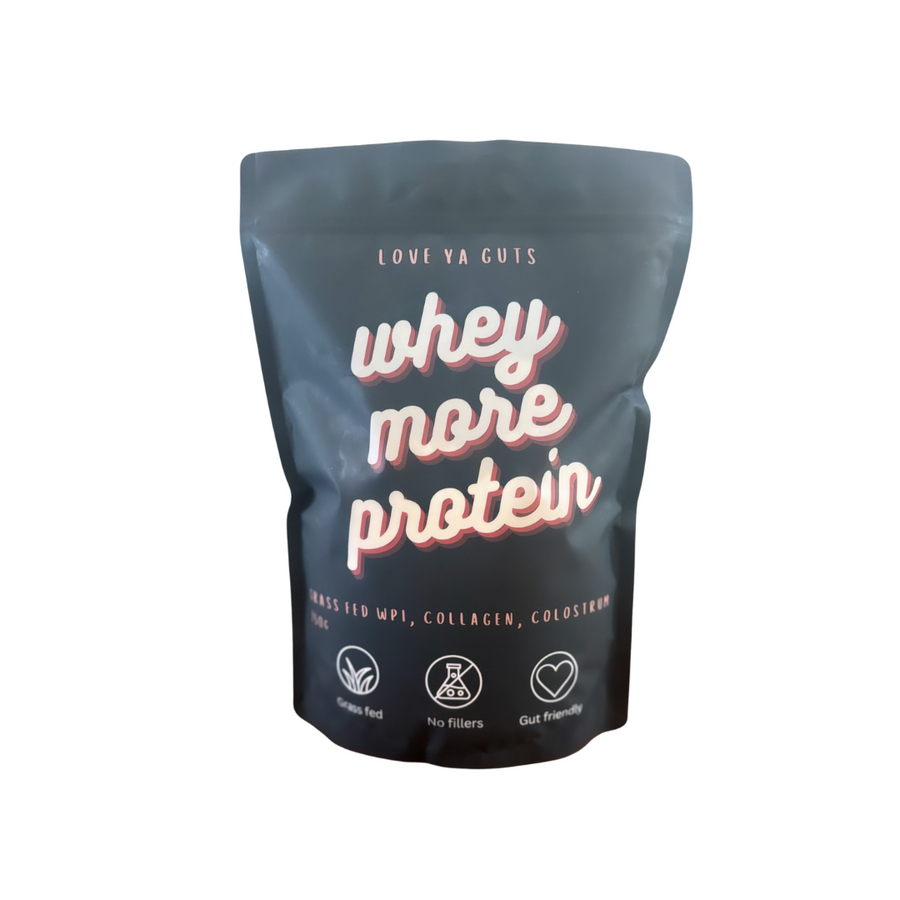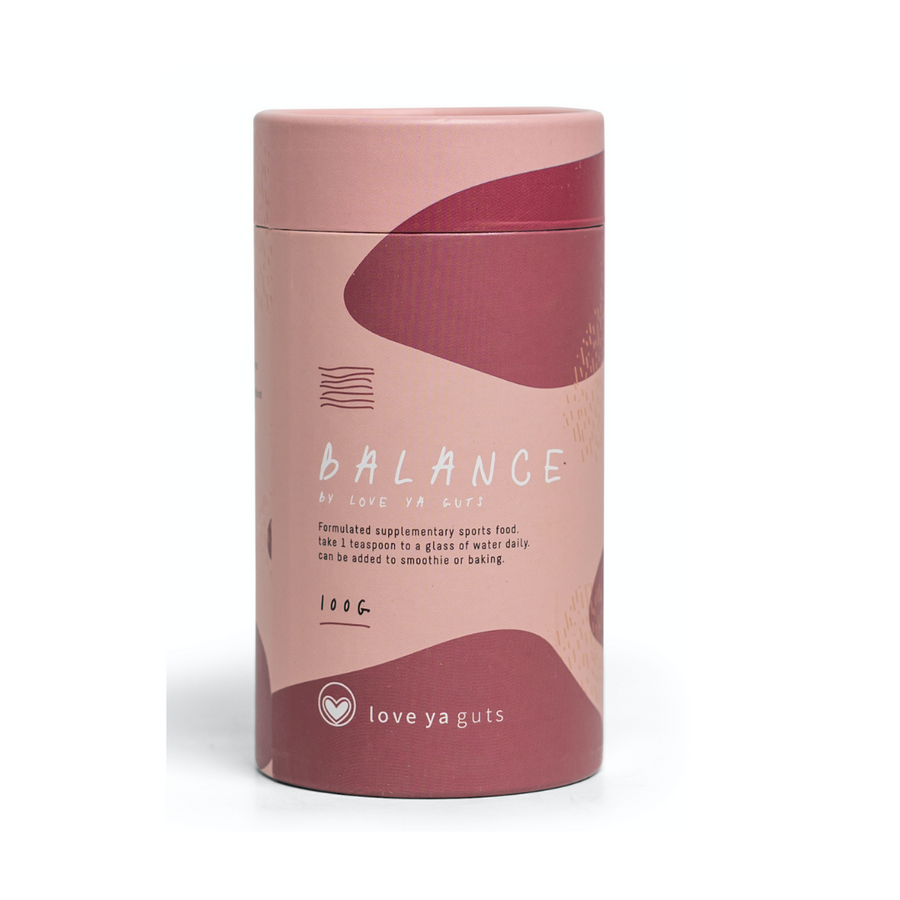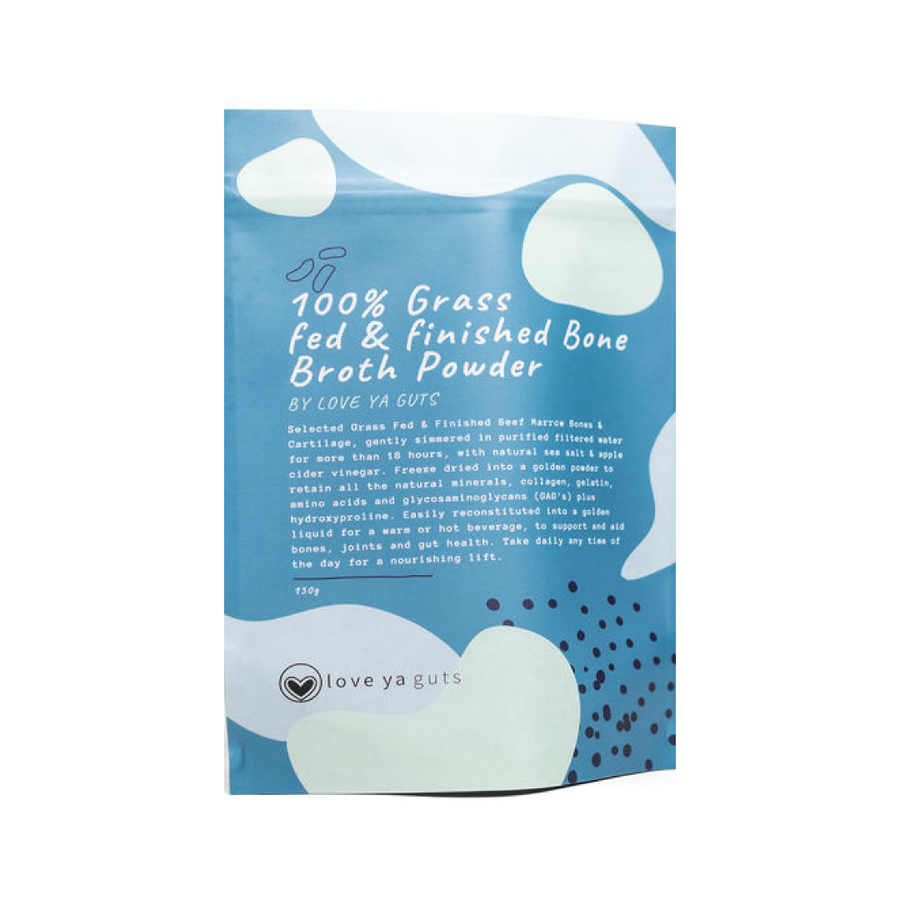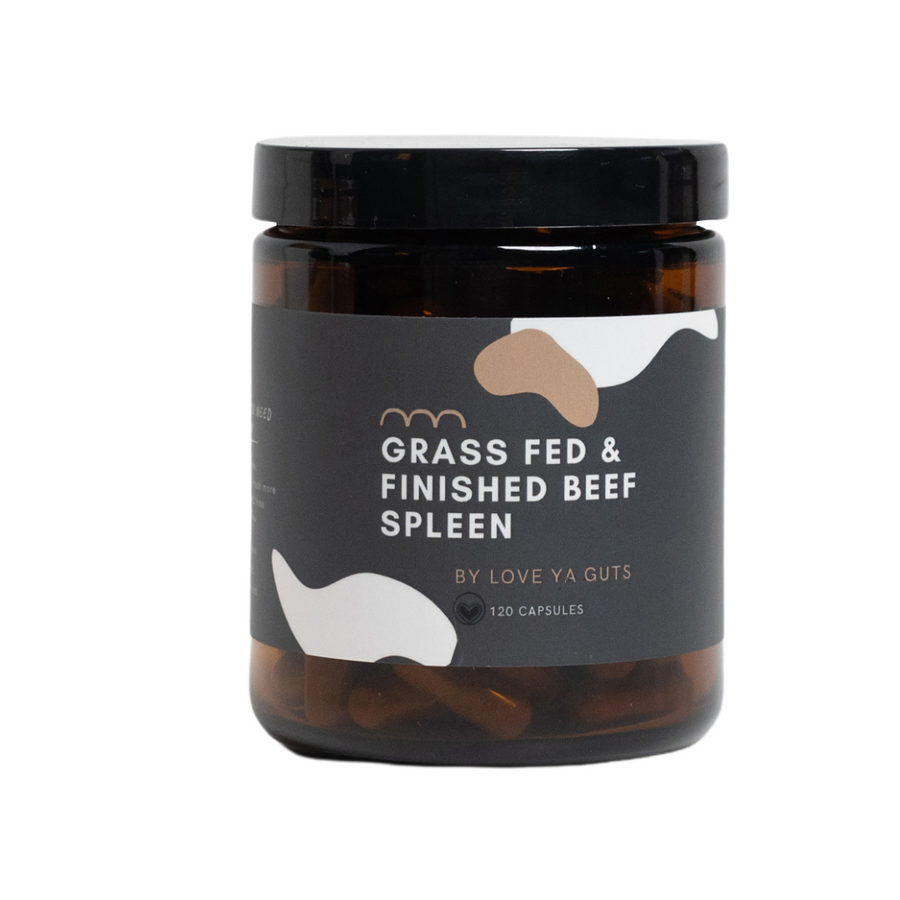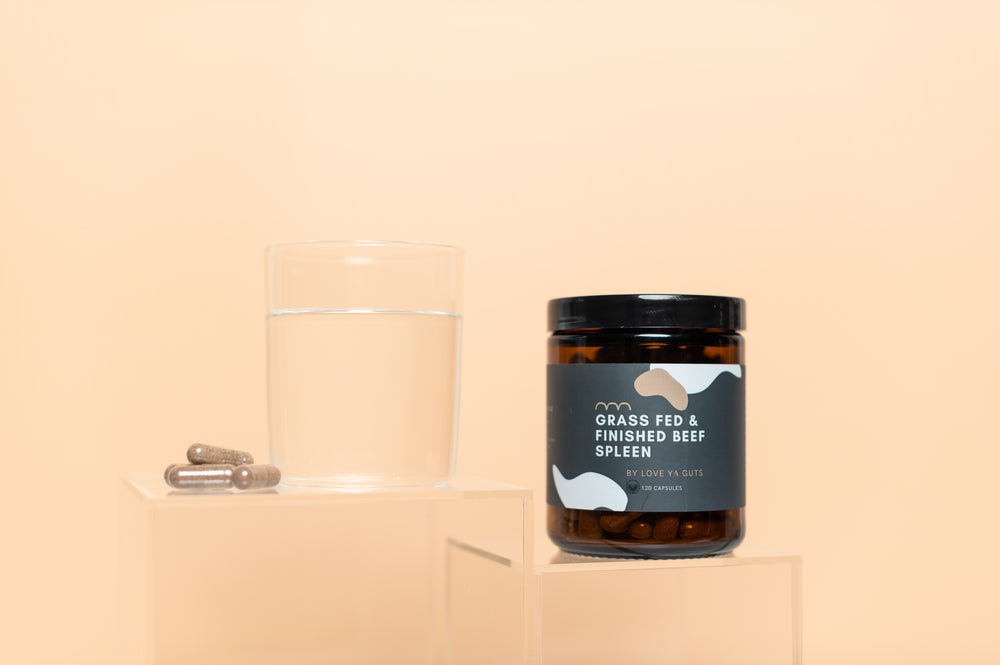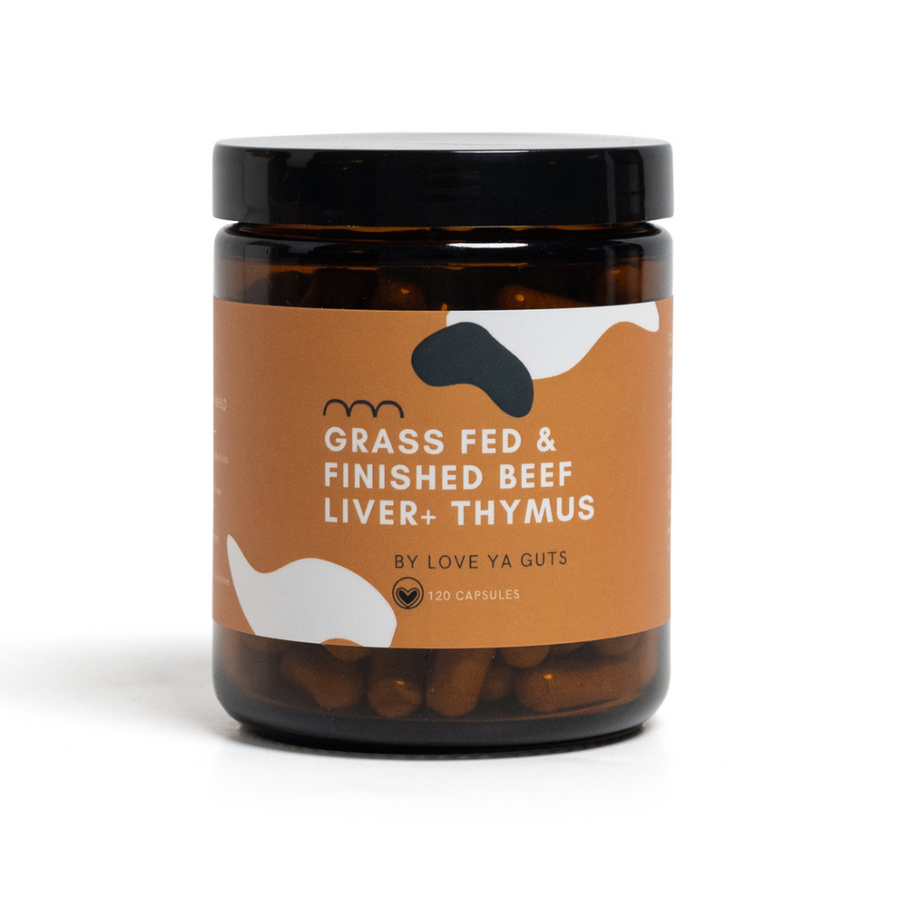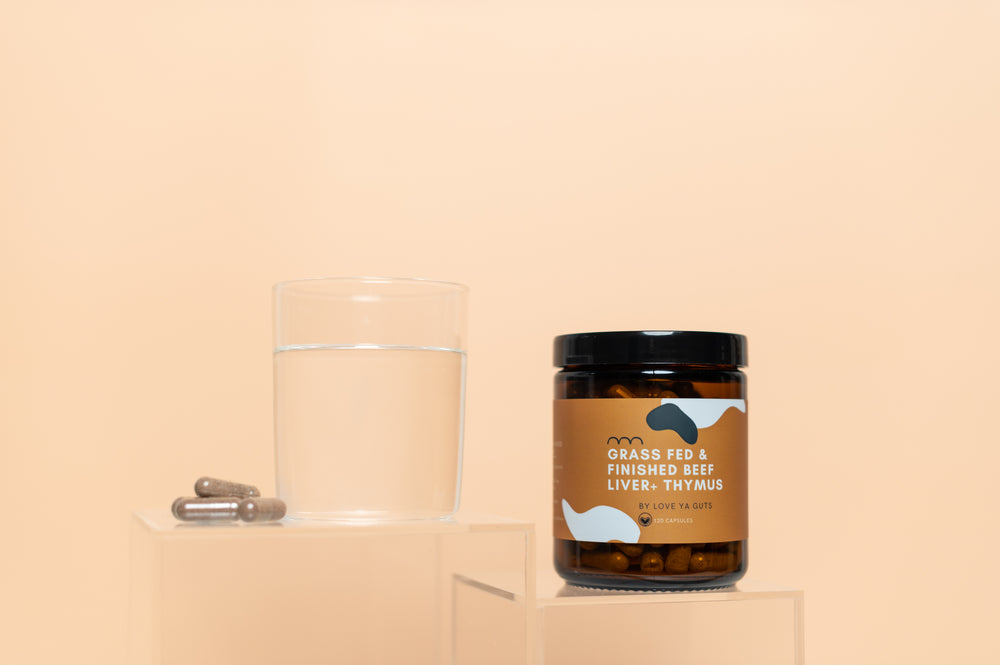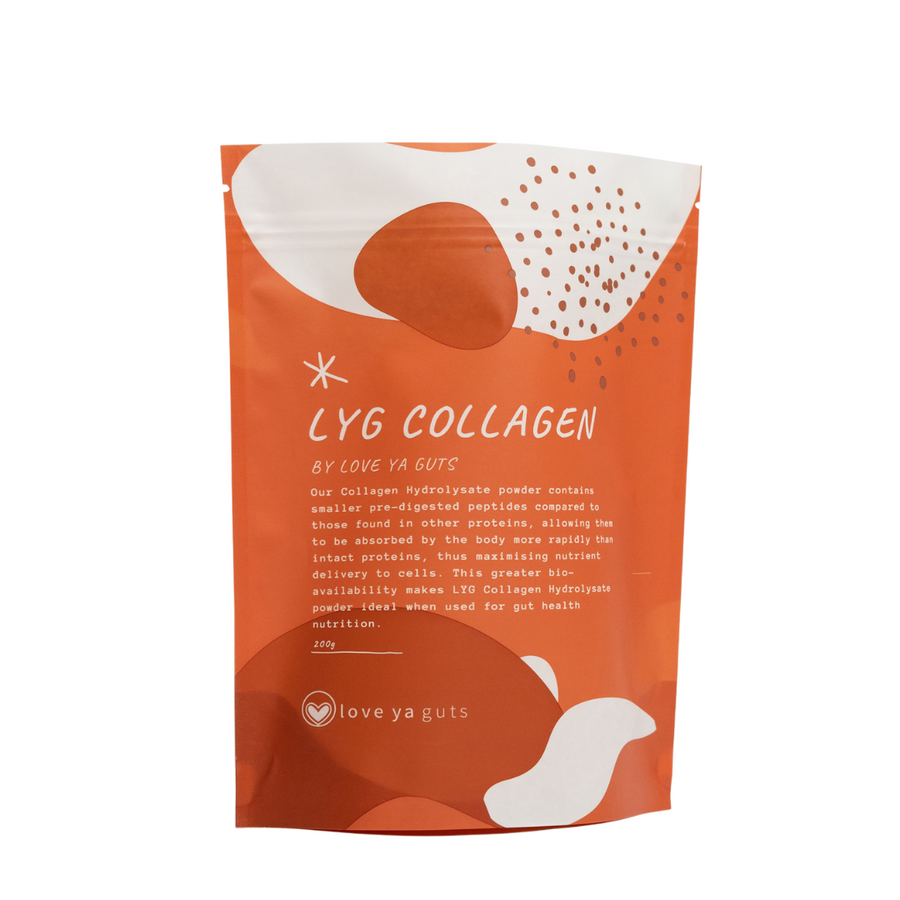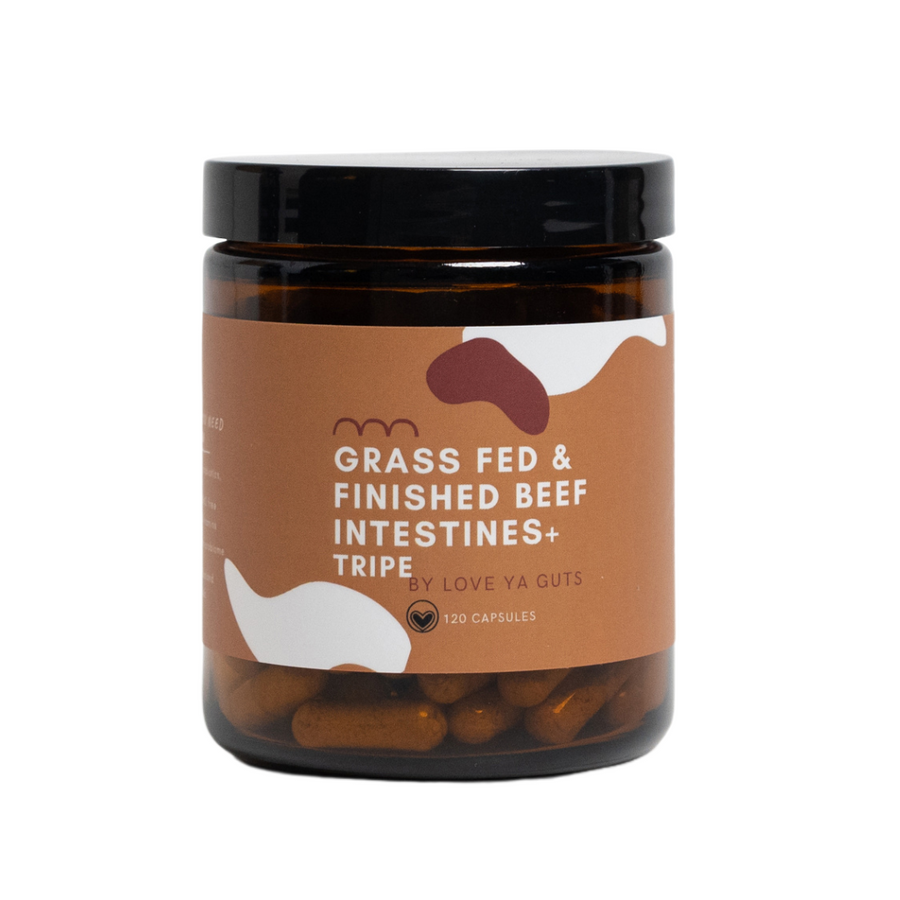How Our Gut Affects Our Hormones & Excess Estrogen
BASICS OF THE GUT HORMONE CONNECTION
Our hormones are created and released into the bloodstream by our Endocrine System.
More and more research is revealing the undeniable connection between our gut micro biome and endocrine system. Not only can our gut micro biome produce hormones BUT it can also signal to the endocrine glands, letting them know how much of each hormone should be created and released.
In specific, your gut microbiome regulates your HPA axis, activates thyroid hormone, reduces inflammation and metabolises oestrogen.
HOW DOES OUR GUT REGULATE OESTROGEN? (this will get a little scientific)
There are TWO STEPS:
FIRST:
Your liver inactivates oestrogen by attaching a little molecule called conjugation. For this step to be successful the liver needs to be clear of toxic overload. The two main contributors of toxic overload are:
-
Alcohol
-
Endocrine disrupting Chemicals (for another blog)
SECOND:
The conjugated oestrogen is then eliminated via the gut.
We have a collection of microbes in our gut called the Oestrobolome. This modulates the our Gut-Liver circulation of oestrogen and affects the elimination process of oestrogen.
The Oestrobolome produce an enzyme called Beta-glucuronidase which either removes conjugated oestrogen via our stool OR deconjugates and reactivates oestrogen.
When our gut micro biome is healthy and we have a healthy balance of bacteria present, they are able to assist with regulating the process of the Oestrobolome to metabolise and detoxify Oestrogen via our stool. BUT it is when our gut micro microbiome is imbalanced, known as DYSBIOSIS, oestrogen is deconjugated, reactivated and circulated again through the body. This is where we develop EXCESS OESTROGEN.
GUT DYSBIOSIS AND OESTROGEN RELATED ISSUES.
We know Oestrogen plays MANY vital roles in the body such as:
-
regulating body fat
-
regulates glucose and fat metabolism
-
female reproductive function
-
cardiovascular health
-
bone density/ turnover
As dysbiosis becomes more and more common so too does excess Oestrogen and the development of excess Oestrogen related disease and illness.
With some of the most common issues being:
-
Endometriosis
-
PCOS
-
Heavy and painful periods
-
PMS
-
Breast, Endometrial, Cervical and Ovarian Cancer
-
Fertility issues
WHAT FACTORS DISRUPT THE OESTROBOLOME? I.e. lead to dysbiosis.
-
Diet
-
Lifestyle
-
Antibiotics and hormonal contraceptives
-
Endocrine disrupting toxins
MY TOP TIPS ON HOW TO REVERSE DYSBIOSIS & ASSIST IN THE METABOLISM OF OESTROGEN
-
Avoid, as best as possible any drugs that will alter the gut microbiome by damaging healthy gut bacteria. For example antibiotics, hormonal birth control, antacids, NSAIDs
-
Avoid refined sugar as much as possible (this only serves to feed the bad bacteria increasing dysbiosis)
-
Reduce alcohol (even one drink per day can increase your blood level of oestrogen)
-
Avoid food sensitivities- they only increase inflammation
-
Focus on whole foods such as fresh fruit and vegetables. The fiber feeds good bacteria!
-
Get enough quality sleep
-
Reduce your day to day stress
- Reduce endocrine disrupting toxins in your environment eg. non natural skin care, makeup, perfumes, household cleaning products
Discover How Love Ya Guts Box Can Help Transform Your Gut Health & Hormone Health
- Balance hormones so your body can function how it was meant to but also help with having a balanced mood
- Get to the root cause of bloating rather than just treating symptoms
- Soothes the stomach and assist with issues such as IBS symptoms so you can feel comfortable within your body
- Get rid of sugar cravings
- Boosts your metabolism & control blood sugar to make weight loss almost effortless


